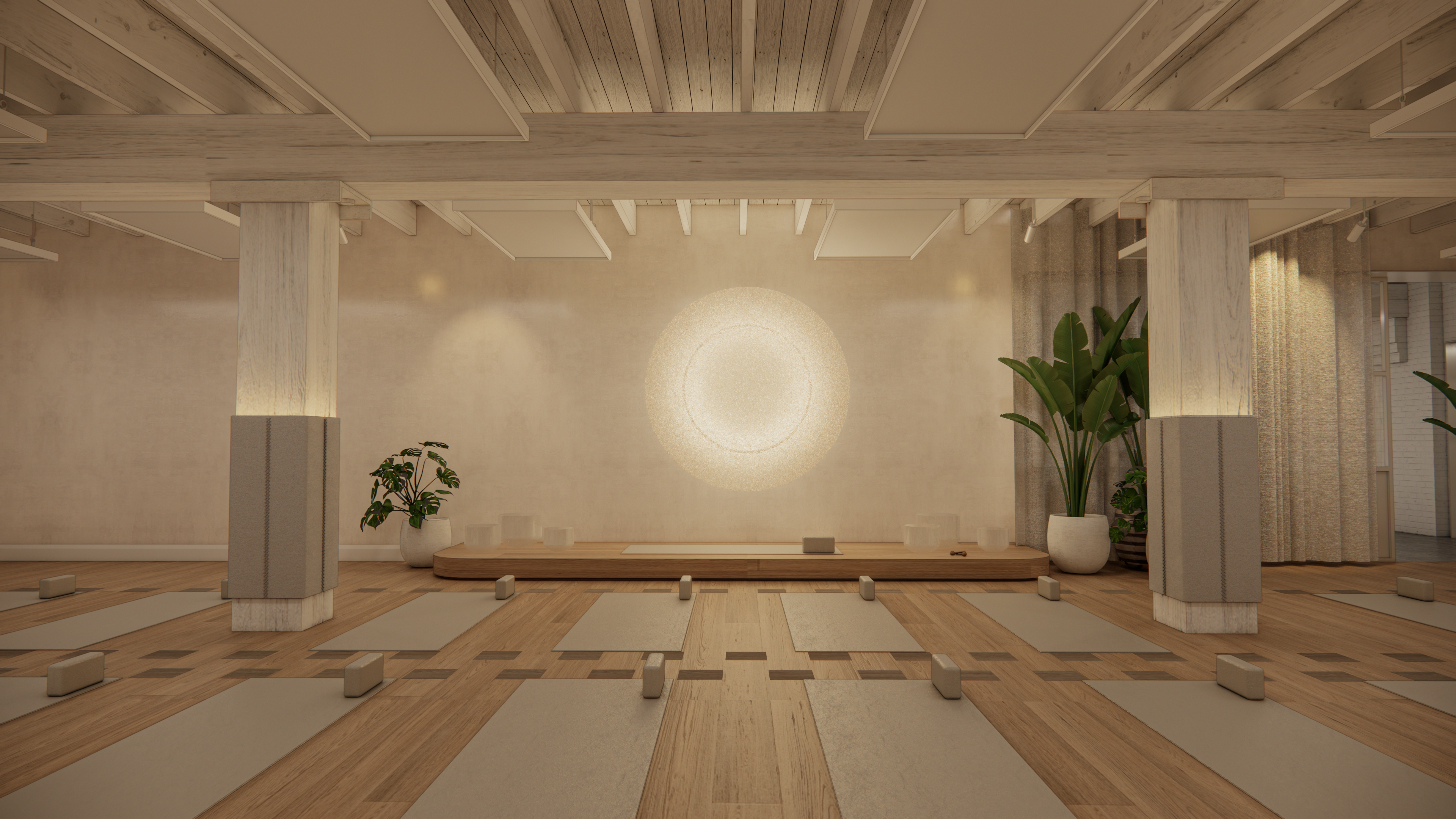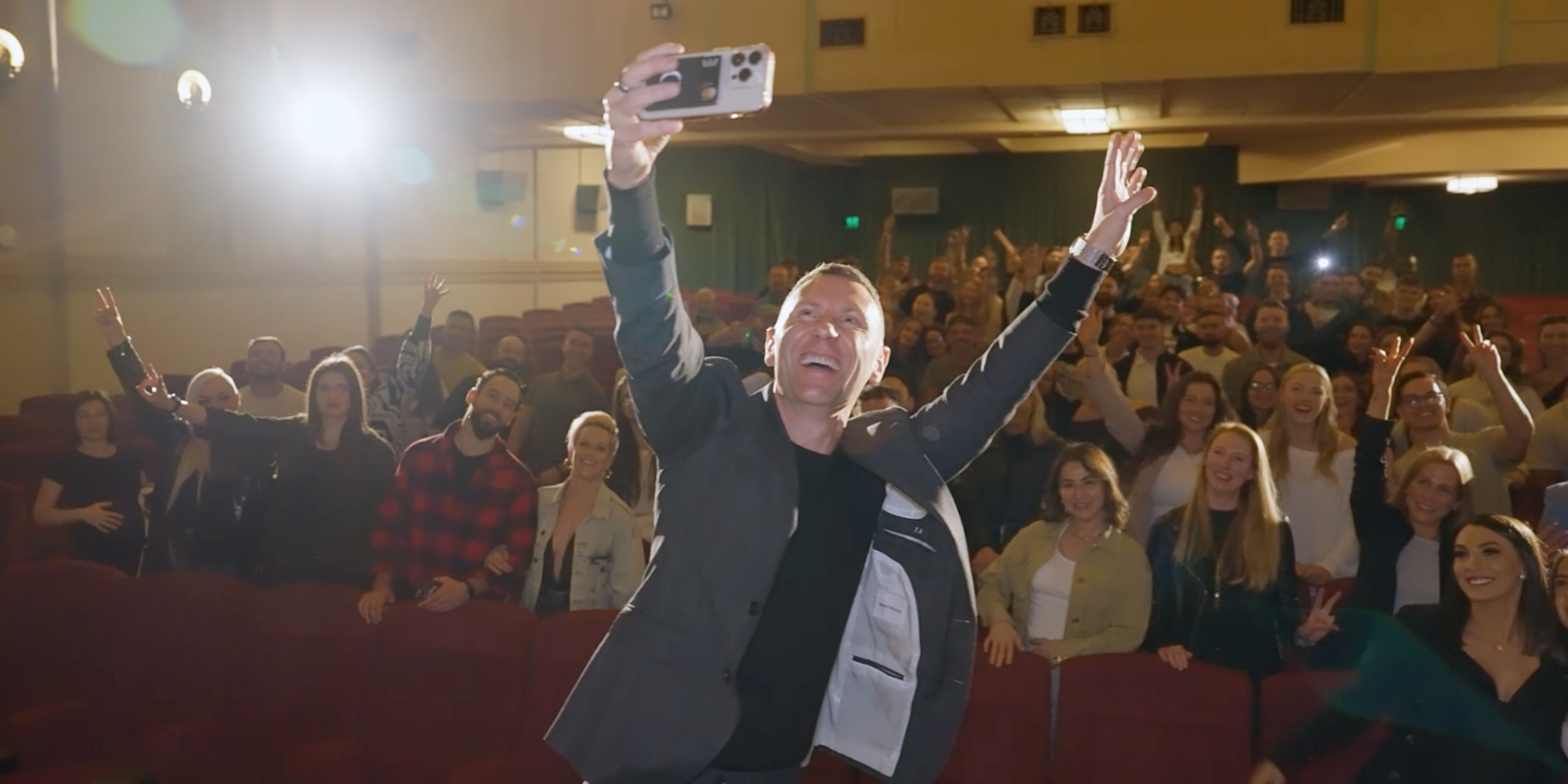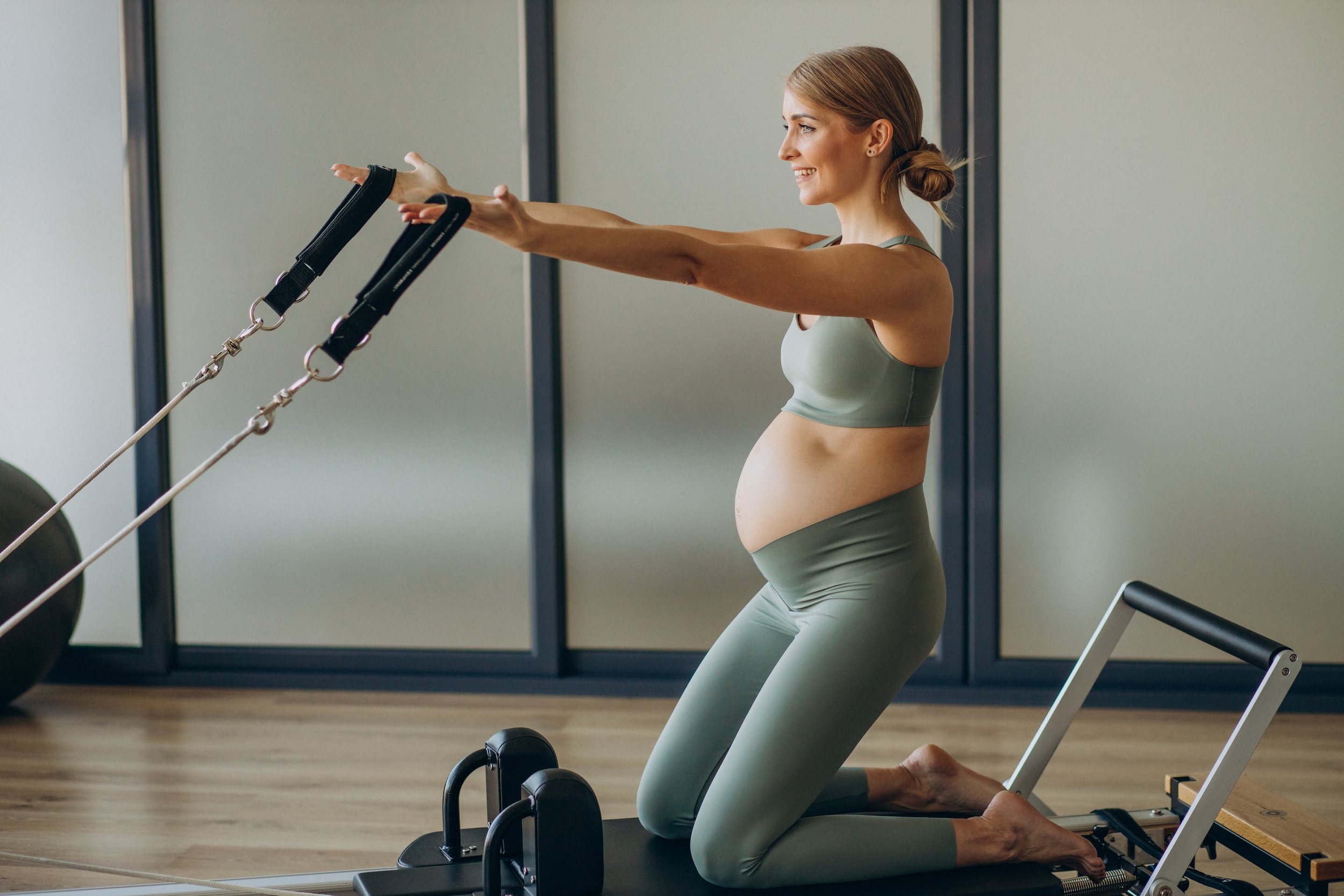Meet Gemma, one of One Playground’s superstar coaches who, when she’s not helping her clients, can likely be found upside down on an aerial hoop!
Fitness is an integral part of Gemma’s life and she’s on a mission to help improve the lives of her clients in the same way.
Discover how Gemma got into the world of aerial and try out her top tips for combating pesky nervous feelings.
Hey Gemma! Let’s start at the beginning – how did you get into the world of acrobatics?
I started young – from the age of 3, I was in gymnastics classes and was immediately obsessed. I thought it would be something I did for the rest of my life but I suffered an injury when I was 12 which led to me stepping back from gymnastics.
I stayed active, and between swimming (cut short when everyone else grew and I didn’t!) and pole, movement remained an important part of my life.
I bought my sister a voucher for an aerial class just before my 21st birthday. Safe to say it was not my sister’s thing but I was hooked!
Within 4 months I was performing aerial, and in 6 months I was teaching. 12 years later and I’m still just as obsessed with it. In that time I’ve competed, performed and travelled all over the world. I can’t imagine my life without it!
It hasn’t just been about aerial though, I was also working full time in corporate HR. It wasn’t my true love but people said I was good at it and it followed the path of what a career ‘should’ look like, so I just did it.
During Covid, we all had a bit more time to reflect and I realised that the traditional life everyone has was not what I wanted; I was asking myself why am I doing this, why am I doing something that I’m not putting effort into because I think that’s what you’re meant to do rather than spending my time doing something I really love.
I decided it was time to make a change and completed the Certified Coach Program at One Playground to get my fitness qualifications, I started working as a coach and group trainer and I’ve never looked back.
What kind of clients do you work with?
I work with clients with a range of goals, some focusing just on strength but many will incorporate mobility and acrobatics.
I’ve been working with a wide range of clients, diversifying my knowledge of what fitness looks like for different people.
I’m so passionate about helping people who might not have a background in sports but have found fitness through missing something in their world. I am in a position where I can help them to find their inner strength and how fitness can elevate their daily experiences. That might be aerial-based or simply picking a dumbbell up and putting it back down.
The tricks are cool, yes. But it’s less about that and more about what fitness can do for you. It’s corny but fitness truly changed my life and I know it can do the same for others. It’s a privilege to be the facilitator to allow other people to grow, build their confidence and thrive!
I’m now also taking it a step further and studying Clinical Exercise Physiology, looking at exercise as medicine, a hybrid of sorts between a physio and a personal trainer. I help patients with a range of ailments such as chronic illnesses, diabetes, people diagnosed or recovering from cancer, arthritis, and any form of ailment that physical activity will help improve their quality of life through movement.
It also includes assisting people who have been through trauma or accidents with the next stage of their rehab and professional sporting environments and working with teams and athletes on their recovery, rehab, prehab and being able to move better and more efficiently.
Exercise Philosophy focuses more on the prevention of disease, with increased engagement in physical activity as a population we can create major reductions in some of Australia’s biggest morbidity areas such as cardiovascular disease and type 2 diabetes. Previously the focus has been on treatment when it comes to health spending but it is now being explored more in the area of prevention.
It is a four year degree with specialising in human movement and understanding the best way to get the body working optimally. There are so many opportunities and pathways to follow after the degree from a professional sporting team, to a clinical setting in hospitals or bringing Exercise Physiology to everyone.
It is currently the biggest expanding area of the health and wellbeing world which I find super exciting as the opportunities for learning and progression are endless!
What does a CircusFit class at One Playground look like?
CircusFitTM was created by Laura Basta, One Playground’s Head of Group Fitness, and has been continuously popular since it was launched!
It involves all kinds of movements that focus on conditioning for circus skills, tricks and technique, and sometimes building a full routine. Think skin the cat, straddles, core work, mounts, poses, and balances: you’re upside down within the first 20 minutes minimum!
It’s such a fun way to work out, plus you’re targeting muscles you didn’t even know you had. It can be a very humbling experience!
There is technique involved and there can be some more advanced movements but everyone can do it. Where needed, we can scale the movements to make it accessible for all. And remember, everyone has to start somewhere.
Do you have any tips for how to handle nerves?
Nerves are so normal but it’s also crazy how quickly something becomes your norm. The more you put yourself in a challenging situation, the less nervous you are. Yes, they’re still there, but you get better at managing them and knowing that just because you’re nervous about something, that doesn’t mean you can’t do it!
I still get nervous now, particularly if someone from the industry who knows what to look for is watching. But I’m much better at managing them now.
1. Start small
If you’re nervous about something start with a small amount of it to build your confidence. For example, if you’re feeling nervous about coming to the gym, come for just 10 minutes. Most of the time once you get over that initial hurdle, you’ll see it’s not as bad as you first thought and you’ll keep going beyond those 10 minutes.
2. Keep busy
Distraction is your best friend! Make sure you fill your day ahead of doing something nervous with lots of tasks and fun things so you can’t sit in the nerves. You’ve got too much else to focus on to let the nerves take over.
3. No one cares
Blunt but true! It’s common to think that people are judging you but really, we are far more concerned about ourselves than other people. And if something does go wrong, it will be a blip in someone’s day that they forget about almost immediately. What you’re doing is not that deep!
Nerves mean something matters to you. I like to think of nerves as a privilege, as something that proves you’re putting yourself out of your comfort zone and allowing for feelings of pride, excitement and adrenaline. Plus it means that you are getting the opportunity to do something you care about, you would be nervous if it didn’t mean something to you!
 by One Playground
by One Playground




